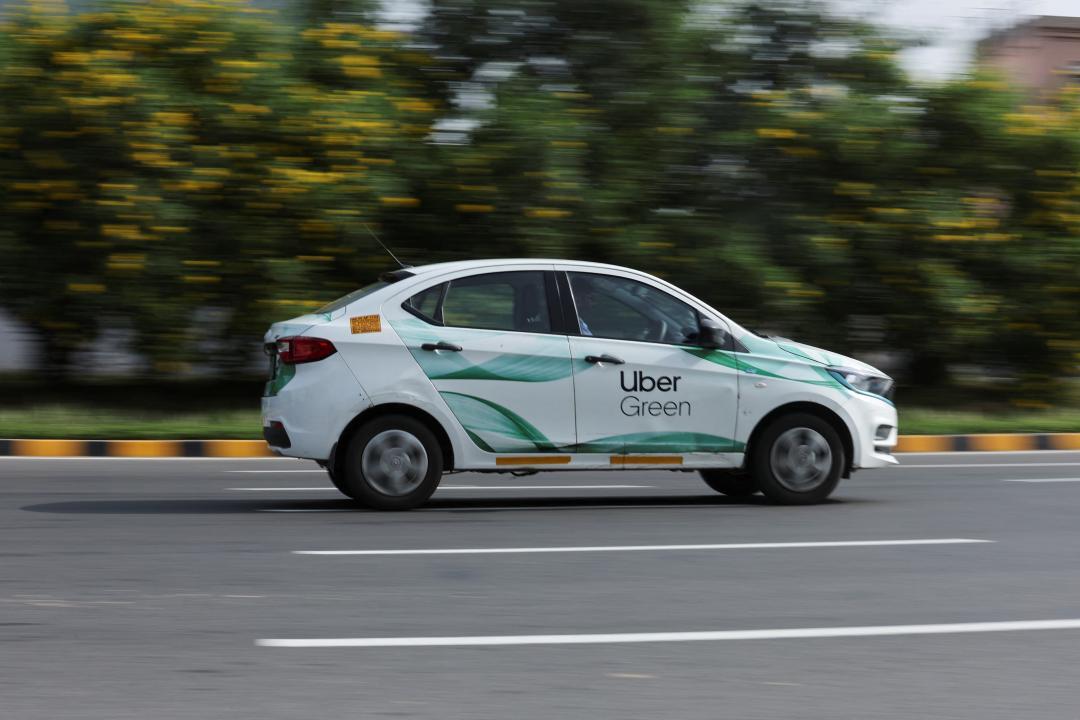
Why are Ola, Uber & Rapido drivers on indefinite strike in Mumbai?
Mumbai, the financial capital of India, has been experiencing chaos in the transportation sector due to an indefinite strike by Ola, Uber, and Rapido drivers. The strike, which began on a recent Monday, has resulted in longer wait times and fewer cabs on the road, causing inconvenience to commuters. But what led to this strike, and what are the demands of the drivers? In this blog post, we will delve into the reasons behind the strike and the impact it has on the city.
As per a report by NDTV, the strike was called by the Mumbai Taximen’s Union, which represents over 1,000 drivers of cab aggregator companies like Ola, Uber, and Rapido. The drivers allege that after deducting aggregator commissions and fuel expenses, their actual income falls to just ₹8-12 per kilometre. This, they claim, is unsustainable amid rising fuel and maintenance expenses.
The strike was sparked by the increasing costs of fuel, maintenance, and vehicle insurance, which have made it difficult for drivers to make a living. The drivers’ union has demanded a reduction in the commission charged by the aggregator companies, as well as a hike in fares to reflect the rising costs. They have also demanded better working conditions, including improved infrastructure and more facilities for drivers.
According to the report, the union has been in talks with the aggregator companies for months, but no solution has been reached. The drivers have been feeling the pinch of rising expenses, and their earnings have been dwindling as a result. They claim that the aggregator companies are not passing on the benefits of the rising demand for their services to the drivers, but rather taking a larger share of the profits.
The strike has had a significant impact on commuters in Mumbai, who are now facing longer wait times and fewer options for transportation. Many have taken to social media to express their frustration and disappointment with the situation. Some have even shared photos of long queues of people waiting for cabs, highlighting the severity of the situation.
The strike has also had an impact on the economy of the city, with many businesses and offices affected by the lack of transportation options. The city’s busy streets, which are usually filled with the sounds of honking cars and the chatter of pedestrians, are now eerily quiet.
But what do the aggregator companies have to say about the strike? According to the report, Ola and Uber have said that they are working to resolve the issue and have initiated talks with the drivers’ union. Rapido, on the other hand, has not made any official statement on the matter.
As the strike continues, it remains to be seen how long it will last and what the outcome will be. Will the aggregator companies agree to the demands of the drivers, or will the strike continue? Only time will tell.



